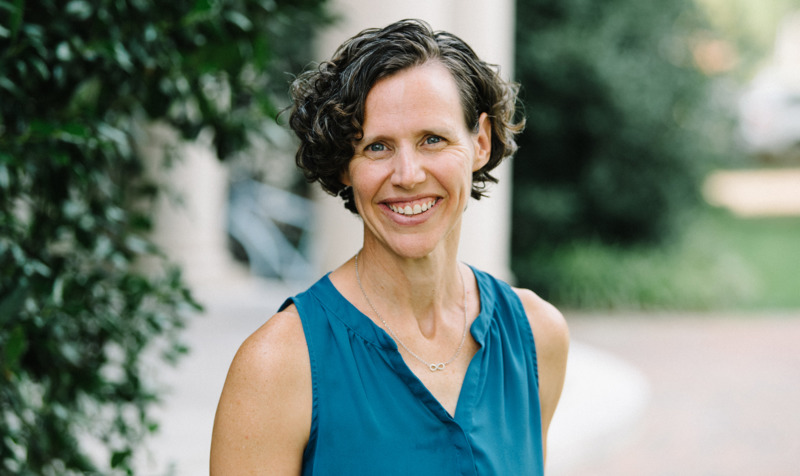Education
- Ph.D. 2007 – Indiana University, Bloomington, Special Education
- M.Ed. 2002 – Arizona State University, Educational Psychology
- B.S. 1995 – University of Evansville, Special Education
Areas of Expertise
- School, home, and community-based interventions for individuals with developmental disabilities across the age range, often to support independence and interdependence
- Use of structured teaching strategies with individuals with autism
- Professional development and implementation support for special education service providers
- Identification, review, and evaluation of evidence-based practices for autistic individuals
Background
Hume has worked and collaborated with autistic children and adults for 30+ years in a variety of capacities, including a home program therapist, teacher, trainer, consultant, CrossFit coach, and researcher. She was a classroom teacher for seven years working primarily with students with autism and is a Certified Advanced Consultant with the UNC TEACCH Autism Program.
Research
Hume’s research focuses on increasing access for individuals with developmental disabilities to high-quality community-based services and interventions. Much of Hume’s work focuses on the design and implementation of interventions for and with autistic youth, their families, and service providers in school and community settings, and the study of their efficacy in small- and large- scale investigations. She, along with Sam Odom, led the Center on Secondary Education for Students with ASD (CSESA, csesa.fpg.unc.edu), a research and development center funded by IES from 2012-2018. Hume was awarded a follow-up grant from IES to study this group of adolescents as they moved beyond high school to examine employment, education, and community integration outcomes, and recently began an IES-funded study to enhance self-determination and social connectedness in high school settings (ies.ed.gov). Hume’s research also focuses on identifying evidence-based practices for individuals with autism and translating those findings into practical tools for service providers (ncaep.fpg.unc.edu). For fun, Hume leads an inclusive and adaptive fitness class in the Chapel Hill community called Power Hour. She and colleges were recently awarded an NIH R01 grant to study the impact of this inclusive exercise programming on the health and wellbeing of adults with intellectual and developmental disabilities (PACE Project, https://go.unc.edu/y8R4Y)
During her years at UNC-Chapel Hill, Hume, in collaboration with a number of colleagues across departments and disciplines, has received over $21 million in funding as PI or Co-PI, published more than 80 manuscripts and book chapters, and has led two of the largest studies to date examining the efficacy of school-based interventions for students with developmental disabilities. The Interagency Autism Coordinating Committee has four times nominated or identified her work as a top-20 yearly scientific advance in ASD research.
